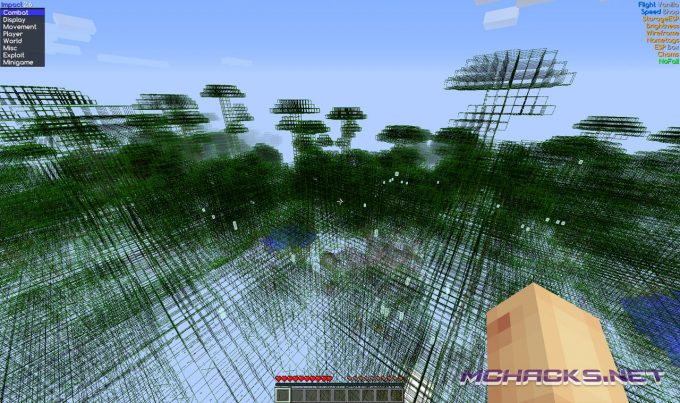

This vulnerability isn't as easily exploitable, and requires multiple prerequisites to be set to non-default configuration. This vulnerability is similar in attack method and affects Log4j version 1.2. It's important to note that another vulnerability CVE-2021-4104 has been released on December 14, 2021. The only effective remediation is to make sure that applications impacted receive the appropriate updates. While approaches of this nature might provide a layer of insulation from risk, it wouldn't remove the vulnerability from your environment.
#Impact client log4j code#
This information has since been removed from the Apache security vulnerability site and doesn't appear to entirely prevent the possibility of remote code execution.
#Impact client log4j zip#
If these non-default configurations are used, the mitigation steps for CVE-2021-44228 of setting the system property log4j2.noFormatMsgLookup to true won't mitigate CVE-2021-45046.įor versions of Log4j earlier than 2.16.0, removing the JndiLookup class from the classpath remains a viable mitigation measure for CVE-2021-44228 and CVE-2021-45046.Įxample: zip -q -d log4j-core-*.jar org/apache/logging/log4j/core/lookup/JndiLookup.classĮarly communications from Apache also indicate that updating Java to a minimum of Java 8u121 can protect against remote code execution by defaulting " .ustURLCodebase" and " .ustURLCodebase" to "false". Log4j version 2.15.0 was incomplete in certain non-default configurations, regarding Thread Context and Context Lookup patterns, which would allow malicious JNDI input data to invoke a denial-of-service attack. The main requirement for this vulnerability is that input from a field in the application is passed into a log directed through the Log4j component.Īpache has updated their guidance on Decemregarding upgrading the Log4j component from the originally resolved version of 2.15.0 to a newly released 2.16.0 version owing to the release of CVE-2021-45046 (CVSS(3.0) 3.7). To exploit this vulnerability, an attacker can pass a crafted JNDI lookup string to an application, across either LDAP, LDAPS, RMI, or DNS attack vectors.

Subscribe to this article to receive updates pertaining to related coverage and countermeasures.Īpache's Log4j logging library contains a vulnerability regarding the resolution of variables within the Java Naming and Directory Interface (JNDI) feature. Owing to the severity of this vulnerability, this article provides communication on actions to take to mitigate risk in customer environments. Customers must review and action these recommendations with absolute priority. The Security Bulletin provides information to customers regarding the possible impact to products in their environment, and the appropriate actions to take to mitigate risk.
#Impact client log4j upgrade#
It's recommended that customers upgrade vulnerable systems to Apache Log4j 2.15.0. For third-party applications, contact the application vendors on steps to do so. Attackers can leverage log messages or log message parameters to perform remote code execution on LDAP servers and other JNDI-related endpoints. This vulnerability is considered critical, with a CVSS(3.0) score of 10.0. We're aware of CVE-2021-44228, commonly referred to as Log4Shell, recently released by Apache.


 0 kommentar(er)
0 kommentar(er)
